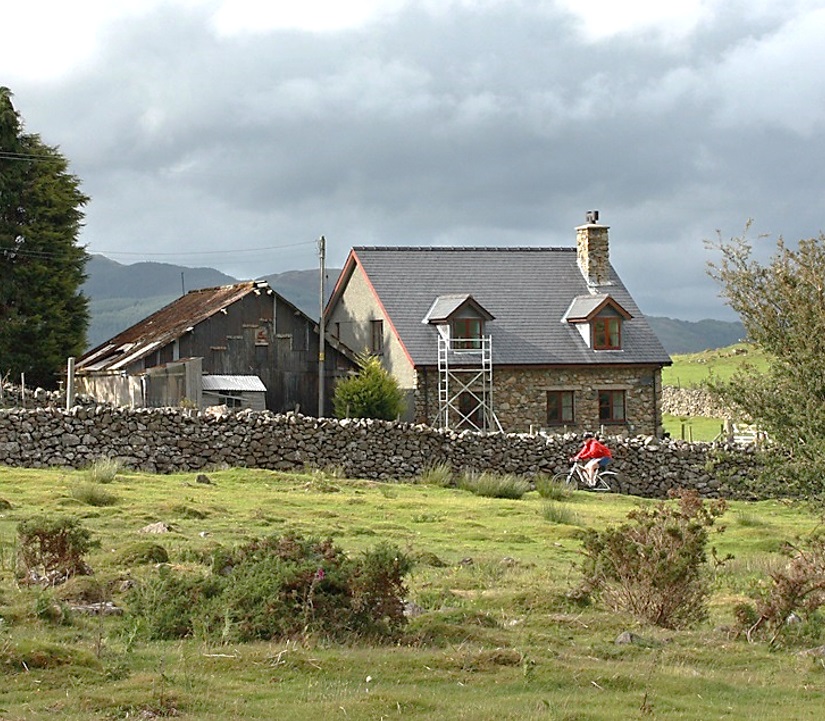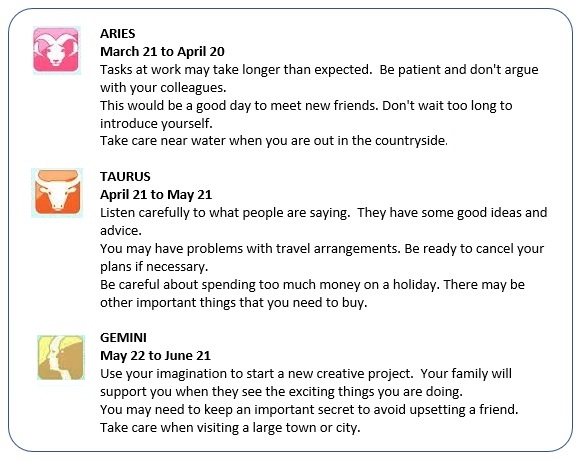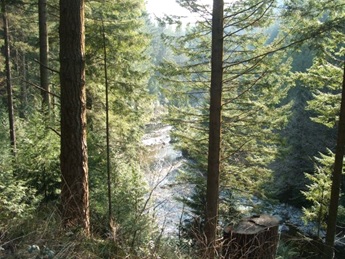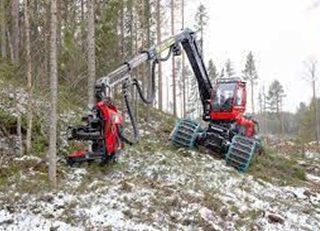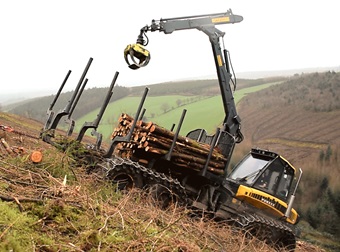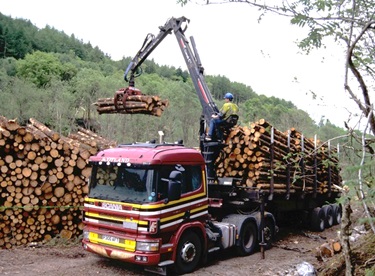Renovating a cottage
In the past there were many small farms in Wales.
Some farm houses and workers` cottages have been empty for many years.
Dewi and Catherine found an old house for sale very cheaply.
The building was in a poor condition, but they were happy to repair it and live there.
Slates were missing from the roof, windows were broken and the garden had become overgrown with bushes.
There was no electricity, no water supply and no bathroom.
The chimney was blocked by birds` nests.
Dewi and Catherine want to preserve the historic character of the house.
They will keep the stone walls and ceiling beams in the rooms downstairs.
They are repairing the roof and replacing the windows and doors.
They are building a new extension at the back with a kitchen and bathroom.
Water will come through a pipe from a spring on the hillside.
A small wind turbine and solar panels will generate electricity.
Translate the sentence:
In the past there were many small farms in Wales.
Suggested translation: (a number of alternatives acceptable)
